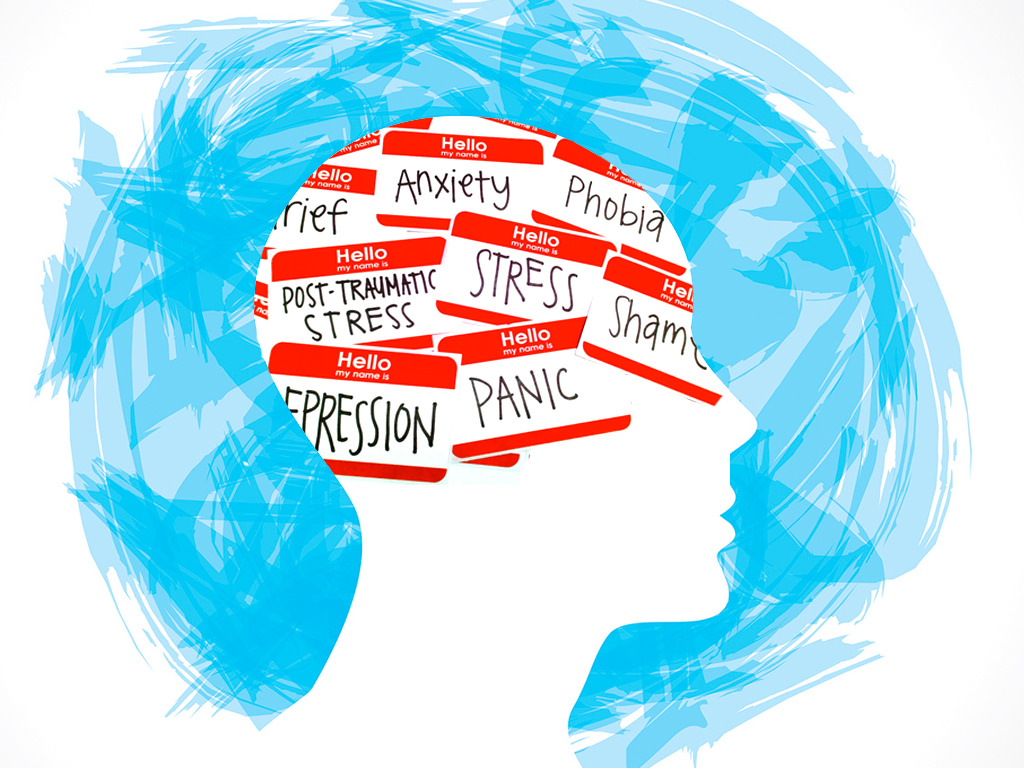70 per cent of mental illnesses develop during adolescence and young adulthood: CMHA
A recent survey by the Canadian Mental Health Association (CMHA) has found that 53 per cent of Canadians consider anxiety and depression an “epidemic.”
This perception is even stronger in Canadians between the ages of 18 and 34, with 59 per cent of respondents concerned about the severity of these conditions.
Additionally, 85 per cent of respondents said that mental health services are among the most underfunded in the country’s health-care system.
Dr. Leyna Lowe, National Research and Policy Analyst at the CMHA, addressed the growing concerns surrounding depression and anxiety, saying 70 per cent of mental illnesses have their onset during adolescence and young adulthood.
She noted that young people and students are facing a variety of challenges that may contribute to mental illnesses.
These include the difficult transition to post-secondary education, varying sleeping and eating habits, social network shifts, and potential exposure to dangerous drugs and substances.
Physical illnesses are strongly linked to depression and anxiety and vice-versa, she added, meaning it’s important to avoid being sedentary and to maintain physical health.
Dr. Lowe also cites the hyper-competitive environment existing in Canada as another factor which can contribute to mental health concerns, not only in school, but in the aggressive job market after graduation; less secure employment opportunities and young people taking on more part-time and contract work.
These can be a cause of immense stress for young people and potentially result in the development of mental illnesses.
Tenniel Rock, manager of counselling and student well-being at George Brown College, shared a similar view.
She said ongoing socio-political changes across the country, such as a shift in government, as a possible reason for the rise in mental health concerns.
“There is a lot new (socially and politically), and a lot of folks don’t know what is going to happen next. As a mental health professional, I know that that’s an environment where more anxiety, depression and mood disorders flourishes,” said Rock.
When asked about the possible effects of social media, both of the professionals weighed the pros against the cons.
Rock highlighted that mental health professionals are seeing “an increased inability for folks to be able to have normal social interaction and conversation.”
It also creates a platform for young people to compare themselves to others, which Rock said affects their self-esteem and concept of self.
However, Lowe said that with issues such as cyber-bullying aside, it can also be an effective platform to destigmatize mental health issues.
She’s noted that social media campaigns can successfully address issues relating to mental health.
A major problem is the lack of federal funding in mental health services, said Lowe, who described it as “unfairly underfunded.”
She would like to see Canada enact a “Mental Health Parity Act,” where mental health funding would more closely match the funding of physical health services.
These mental health services include psychotherapists, addiction counsellors, support workers, and other professionals who work with mental health issues.
Both Lowe and Rock are calling for a community approach in supporting persons with mental health concerns.
Rock noted that these individuals have the added pressure of not knowing what their moods are going be on any given day. She said being empathetic and a good listener is essential in providing support.
Lowe emphasized the importance of reaching out for support if needed, as staying silent may prevent students from accessing services and can be very isolating.
She also suggested some self-management and coping strategies one can use, including relaxation and breathing techniques, self-help books, and physical activity, which is beneficial for both mental and physical health.
If someone is suffering with depression or mental illness, “listen with openness, and without judgement,” said Lowe.
“The best thing you can do is be a friend to the person who might be having struggles or in a crisis, and of course to encourage them to access services, like talking to a health professional.”
With files from Luiz Felipe Lamussi.


